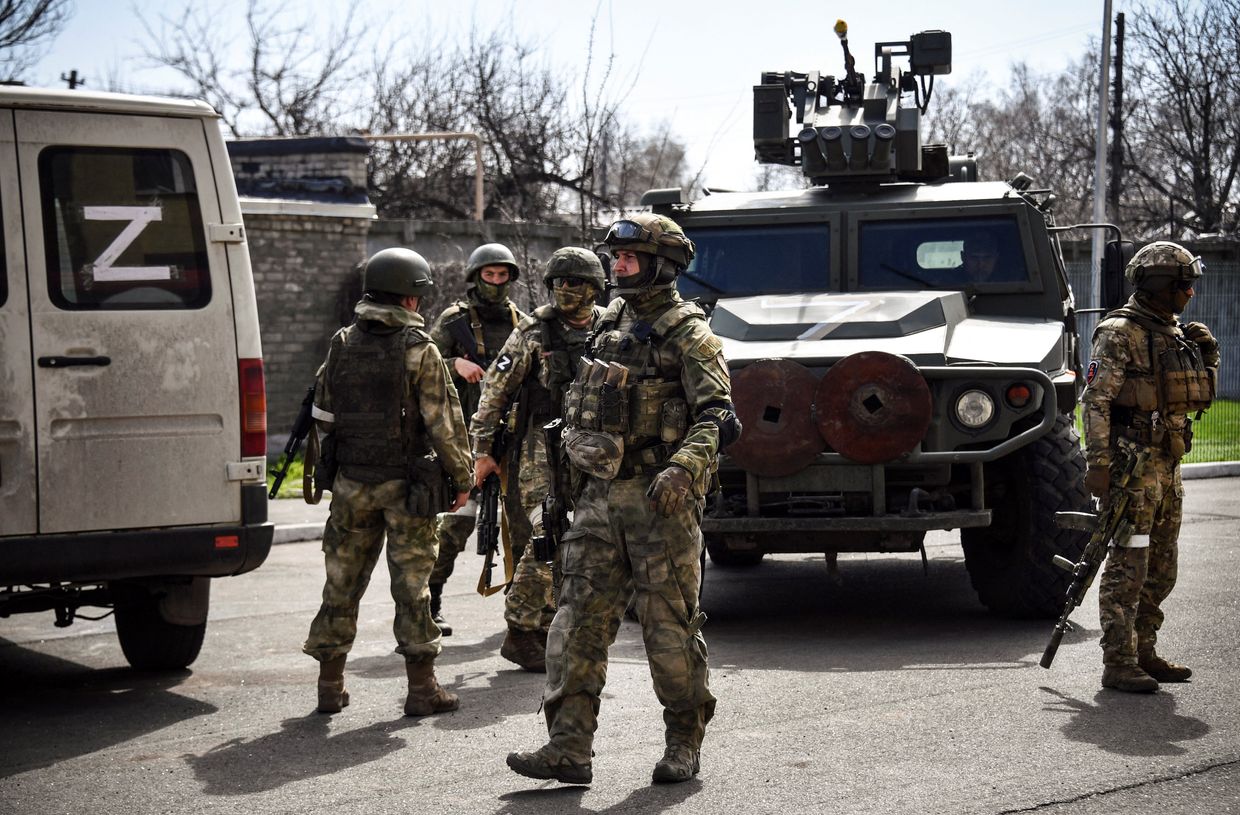Russia's fall offensive cost more than 50 soldiers per square kilometer, ISW says

Russian troops suffered approximately 53 casualties per square kilometer as they advanced through Ukrainian territory in fall 2024, the Institute for the Study of War (ISW) reported on Dec. 5.
During September, October, and November 2024, Russian forces captured approximately 2,356 square kilometers of territory, including parts of Ukraine and the Kursk Oblast, at the cost of an estimated 125,800 personnel, the report said.
The British Defense Ministry, citing Ukraine's General Staff, reported a record peak in Russian daily losses during November 2024, averaging 1,523 casualties per day. On Nov. 28 alone, Russia reportedly lost over 2,000 troops in 24 hours.
November marked the fifth consecutive month of rising Russian casualties, with an estimated total of 45,690 soldiers lost during the month. During that period, Russian forces advanced an average of 27.96 square kilometers per day, capturing 839 square kilometers.
ISW previously reported that Russian casualties in September and October 2024 totaled approximately 80,110, resulting in 1,517 square kilometers seized.
The figures could not be verified as Russia does not disclose its casualty rates.
Meduza, an independent Russian outlet, reported on Dec. 4 that Russia's recruitment of contract soldiers may have slowed in the third quarter of 2024.
An estimated 500–600 contracts were signed daily, a number insufficient to offset battlefield losses, which Meduza estimated at 600–750 troops per day, including 200–250 fatalities.











